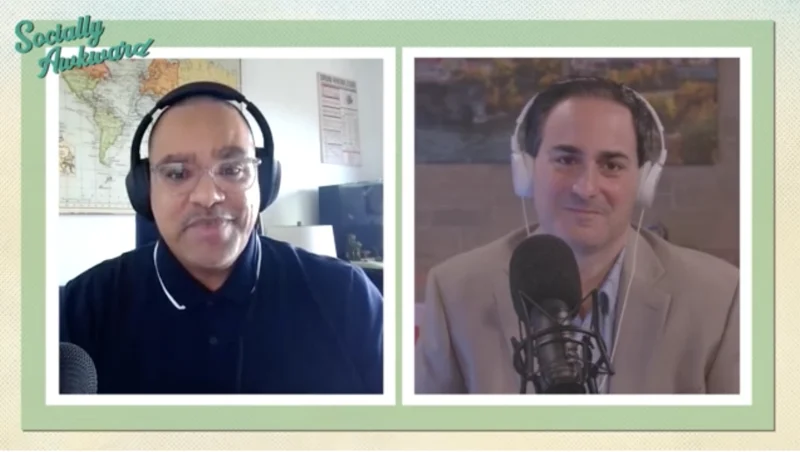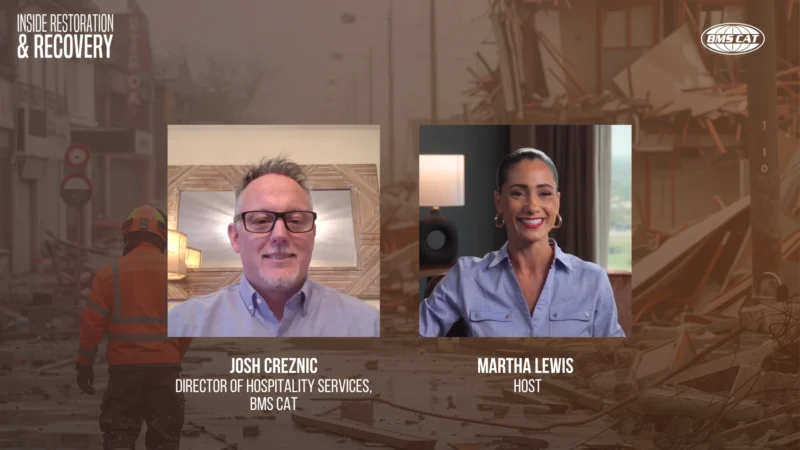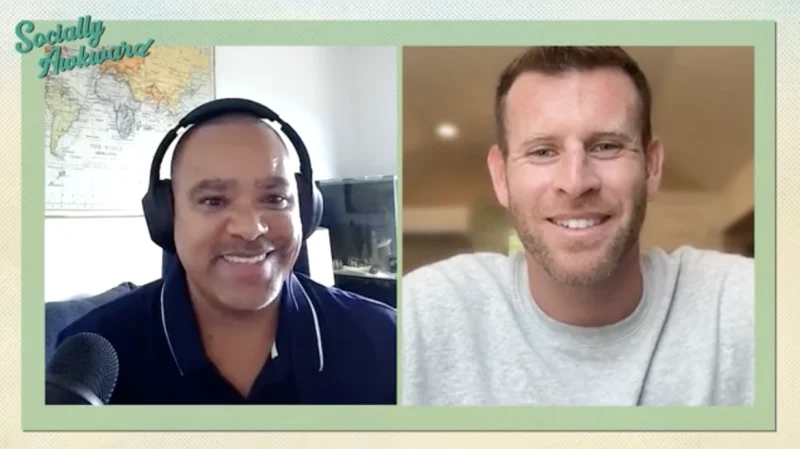Navigating Change: Phil Payne on Hospitality, Technology, and Resilience
In an era defined by digital disruption and ever-shifting consumer expectations, the hospitality industry has found itself at a crossroads. Technology has rapidly reshaped the way hotels operate, from property management systems to guest engagement tools. But no matter how advanced the software becomes, the core of hospitality remains human connection—a truth the pandemic underscored when travel halted and survival depended not on automation, but resilience. As hotels battled labor shortages, regulatory hurdles, and a new wave of hyper-connected, hyper-critical guests, those who endured did so by adapting without losing their identity.
The rise of online reviews means every interaction can echo across the internet, for better or worse, making guest satisfaction more crucial—and more fragile—than ever. Hoteliers must balance the precision of tech with the warmth of service, ensuring staff are not just trained in software, but in empathy. The pioneers who once jumped at every new innovation now preach patience, knowing that not every trend is worth the risk. Yet amid all the change, one thing remains: people still need a place to go.
To explore how tradition and innovation coexist in modern hospitality, Visual Matrix sits down with Phillip Payne, Managing Partner of the Rio Grande Inn in Albuquerque. In Navigating Change: Phil Payne on Hospitality, Technology, and Resilience, he shares insights from four decades of experience on surviving—and thriving—in a business that technology can enhance, but never replace.




